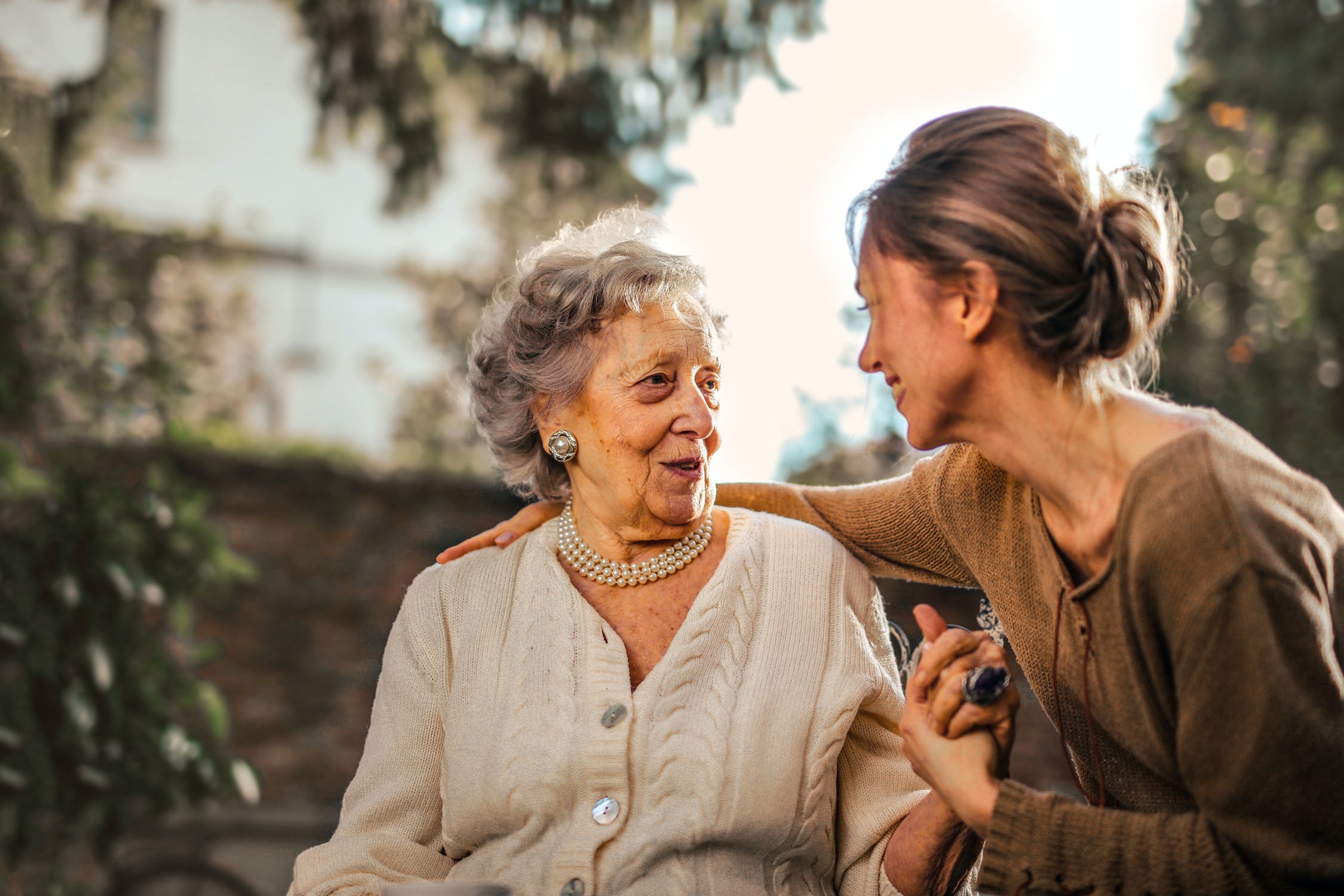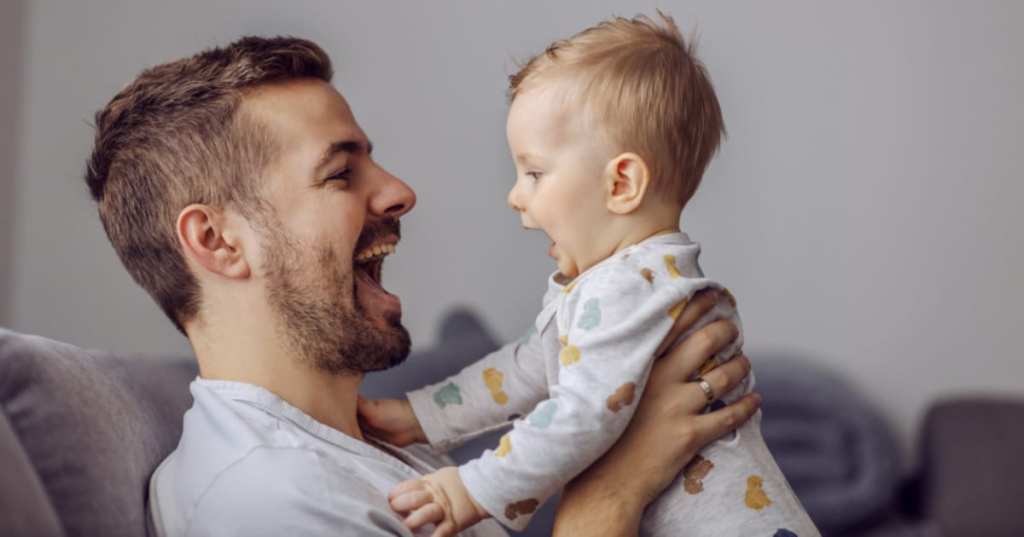Trending Now
If you look back at photos of yourself as a toddler, or even as a kid heading off to fourth or fifth grade, you might always be a little surprised to see how white-blond your hair used to be. It’s not true for everyone, of course, but there are a good number of people who were towheaded kids who grew up to be teenagers or young adults with medium to dark hair.
Why does this happen? Is it a function of age alone? If you’re curious and looking for answers, keep reading!

Image Credit: Pexels
Scientists believe our hair color shifts due to changes in the way we produce melanin – the natural pigments responsible for the color of our hair, eyes, and skin. There are two types of common melanin, one called eumelanin, which determines how dark our hair is, and pheomelanin, which controls how warm the color is.
The amounts and ratios are controlled by your genes, and live in the cells that sit at the bottom of each hair follicle on your head.
It turns out that hormones play a role, too, and they can activate or deactivate certain genes at different times in your life. Puberty is a common time when previously latent genes activate, creating more eumelanin than ever before and darkening your hair.

Image Credit: Pexels
This is also likely the cause of graying hair at other times in our lives when hormones are shifting, like when we’re entering middle or old age. Those melanocytes at the ends of our hair are tired and older, too, and don’t regenerate as quickly or produce as much color.
While we’re on the subject of gray or white hair, does stress really exacerbate the process?
Asking for me, who never had a gray hair until her children were born!
Scientists agree that big stresses can speed up the process, but it’s not due to those melanocytes getting older with natural age. Physical or psychological trauma, extreme illness, hormonal fluctuations, etc can cause our hair to fall out, and if we’re in or past middle age, there’s just a good chance it will grow back gray.

Image Credit: Pexels
So, even though it appears the stress is the actual cause, it’s more of an indirect bad guy.
There you have it! The next time you’re wondering what happened to your blond little boy now that he’s going into middle school and getting darker hair by the week, or yank out another gray gettin ready in the morning, you can at least know which body part to blame.
You’re welcome!
What do you think about this info? Let us know your thoughts in the comments!






